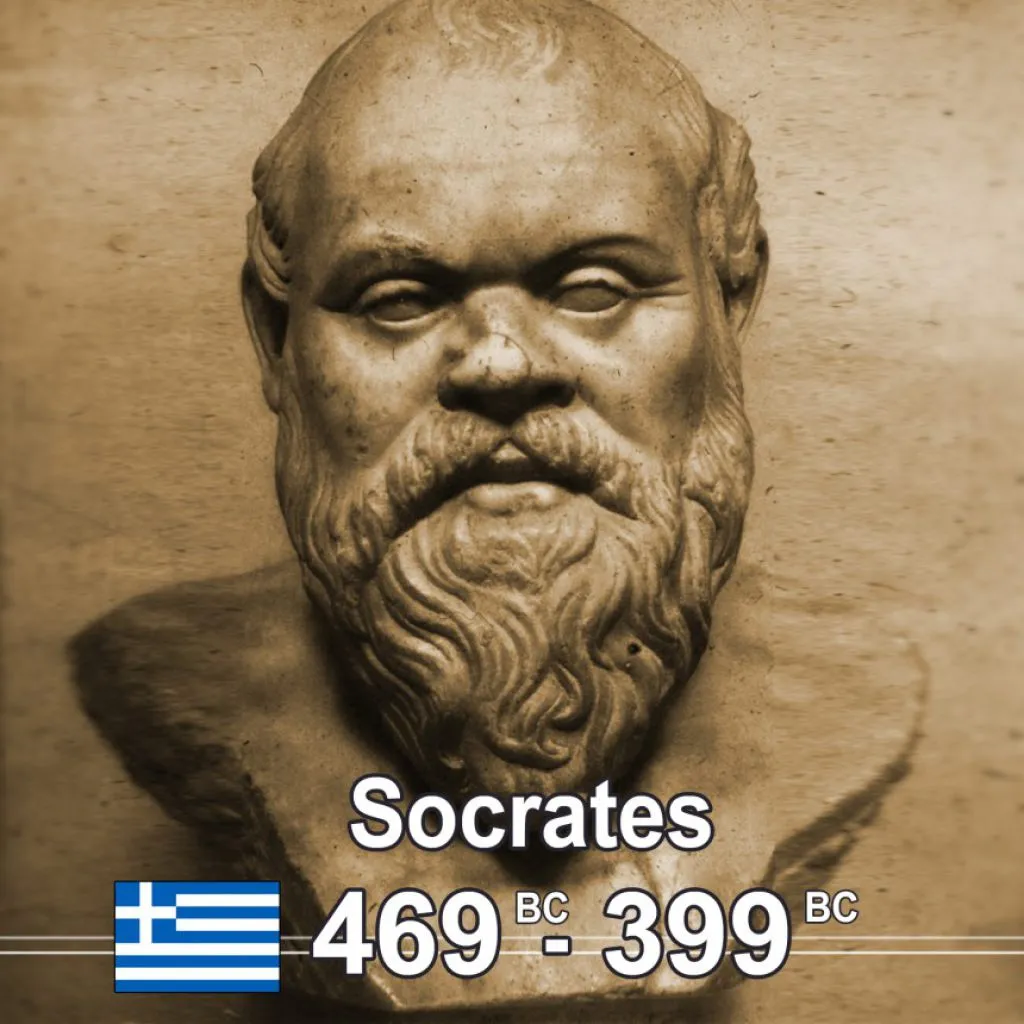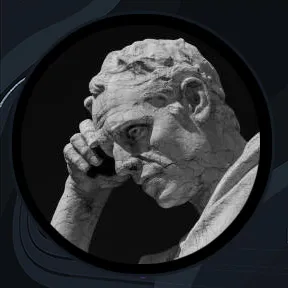
Socrates
Socrates, c. 470 – 399 BC was a classical Greek (Athenian) philosopher credited as one of the founders of Western philosophy, and as being the first moral philosopher, of the Western ethical tradition of thought.
An enigmatic figure, he made no writings, and is known chiefly through the accounts of classical writers writing after his lifetime, particularly his students Plato and Xenophon. Other sources include the contemporaneous Antisthenes, Aristippus, and Aeschines of Sphettos. Aristophanes, a playwright, is the only source to have written during his lifetime.
Plato's dialogues are among the most comprehensive accounts of Socrates to survive from antiquity, though it is unclear the degree to which Socrates himself is "hidden behind his 'best disciple'". Through his portrayal in Plato's dialogues, Socrates has become renowned for his contribution to the fields of ethics and epistemology. It is this Platonic Socrates who lends his name to the concepts of Socratic irony and the Socratic method, or elenchus.
Socrates exerted a strong influence on philosophers in later antiquity and in the modern era. Depictions of Socrates in art, literature and popular culture have made him one of the most widely known figures in the Western philosophical tradition.































